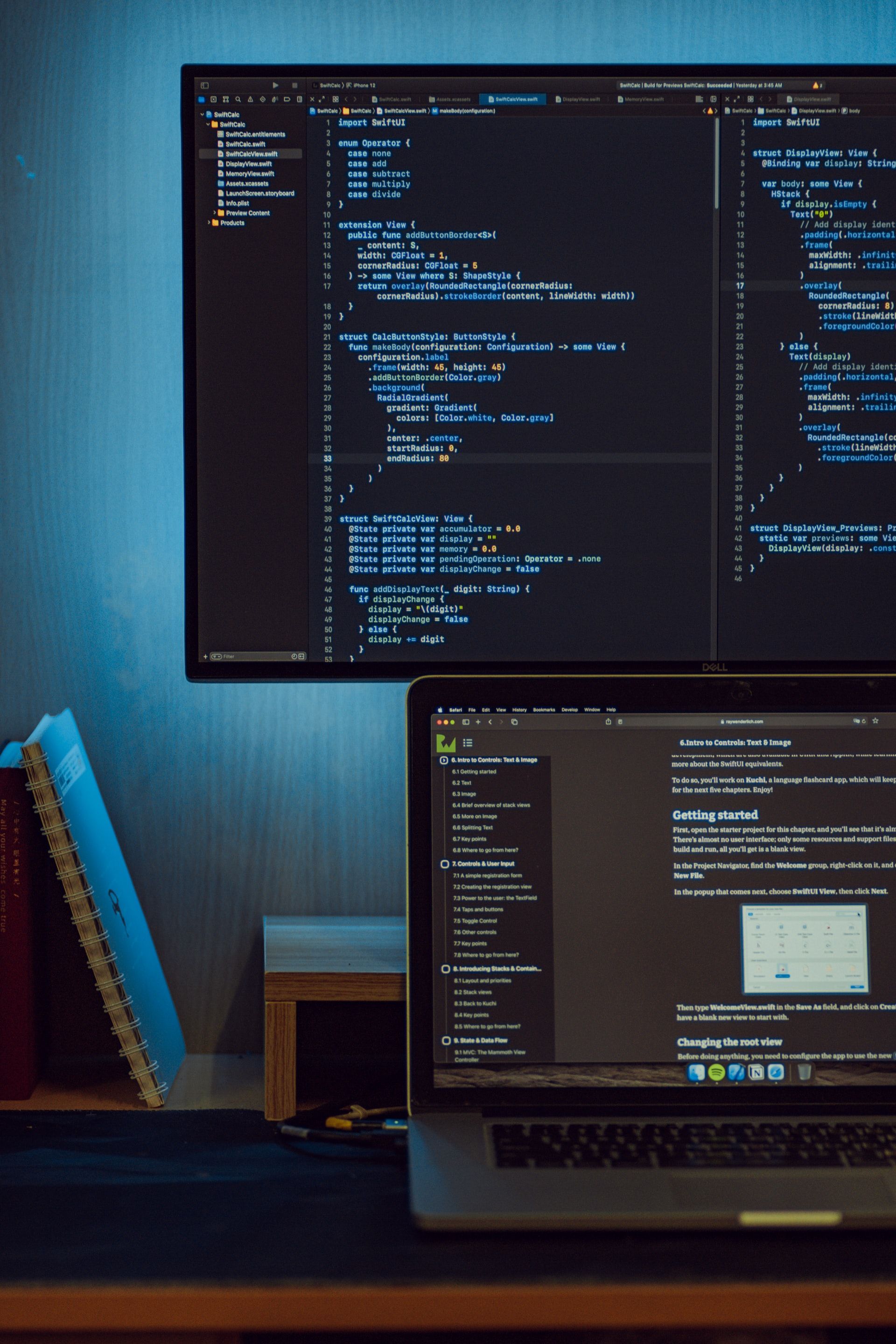AZG News Hub
Your go-to source for the latest news and informative articles.
Code Like a Pro: Secrets They Won't Teach You in School
Unlock coding secrets that schools won't share! Master pro techniques and elevate your programming skills today!
Mastering the Art of Debugging: Tips and Tricks from Industry Experts
Mastering the art of debugging is an essential skill for developers at all levels. In today's fast-paced tech environment, the ability to efficiently identify and resolve errors can significantly impact productivity and software quality. According to FreeCodeCamp, successful debugging starts with systematic approaches. Experts recommend breaking down the problem into smaller components, utilizing tools like breakpoints and logging to trace the flow of your code. Additionally, collaborating with peers can often bring fresh perspectives that lead to quicker solutions.
Furthermore, adopting a growth mindset towards debugging is crucial. Instead of viewing bugs as setbacks, embrace them as learning opportunities. A valuable resource from Medium emphasizes the importance of documenting your debugging process as it can serve as a reference for future issues. Additionally, participating in coding communities, such as Stack Overflow, allows you to learn from others’ challenges and solutions, enriching your own debugging toolkit. Remember, mastery comes with **persistent practice** and a willingness to adapt.

Beyond the Basics: Essential Tools Every Developer Should Know
As a developer, mastering the fundamentals is merely the starting point in your journey. To truly excel, it's essential to explore a variety of tools that can enhance your workflow and productivity. For instance, version control systems like Git are indispensable for managing code changes and collaboration in teams. Similarly, leveraging package managers, such as NPM for JavaScript projects, efficiently handles libraries and dependencies, simplifying the development process. Embracing IDE extensions can also significantly boost your coding efficiency by providing syntax highlighting, code snippets, and debugging features.
In addition to these foundational tools, API testing tools like Postman are vital for ensuring seamless interaction between different software components. Moreover, integrating containerization technologies such as Docker allows for consistent environments across development, testing, and production stages. Lastly, a proficiency in cloud platforms like AWS or Google Cloud can elevate your projects, providing scalability and flexibility. By incorporating these tools into your development toolkit, you step beyond the basics and pave the way for effective and efficient software creation.
The Importance of Code Reviews: How to Improve Your Skills and Collaborate Effectively
The importance of code reviews cannot be overstated in the software development process. Conducting thorough code reviews not only leads to improved code quality but also fosters a culture of collaboration among team members. This practice allows developers to learn from one another by sharing different approaches and techniques, ultimately enhancing their skills. Code reviews are an excellent opportunity for developers to receive constructive feedback, identify potential bugs early, and ensure adherence to coding standards. Moreover, they can be pivotal in accelerating the onboarding process for new team members, allowing them to assimilate into the team while honing their abilities.
In addition to skill development, effective code reviews promote collaboration within teams, making them more cohesive and aligned toward common goals. By establishing a culture of open communication, developers are encouraged to discuss their thought processes and the rationale behind their code, which can spark new ideas and innovations. According to Coding Horror, implementing a consistent code review process not only strengthens the software but also empowers team members to feel more invested in their work. This shared responsibility can significantly improve morale and productivity, as team members are more likely to take pride in their contributions when they see the impact their code has on the overall project.